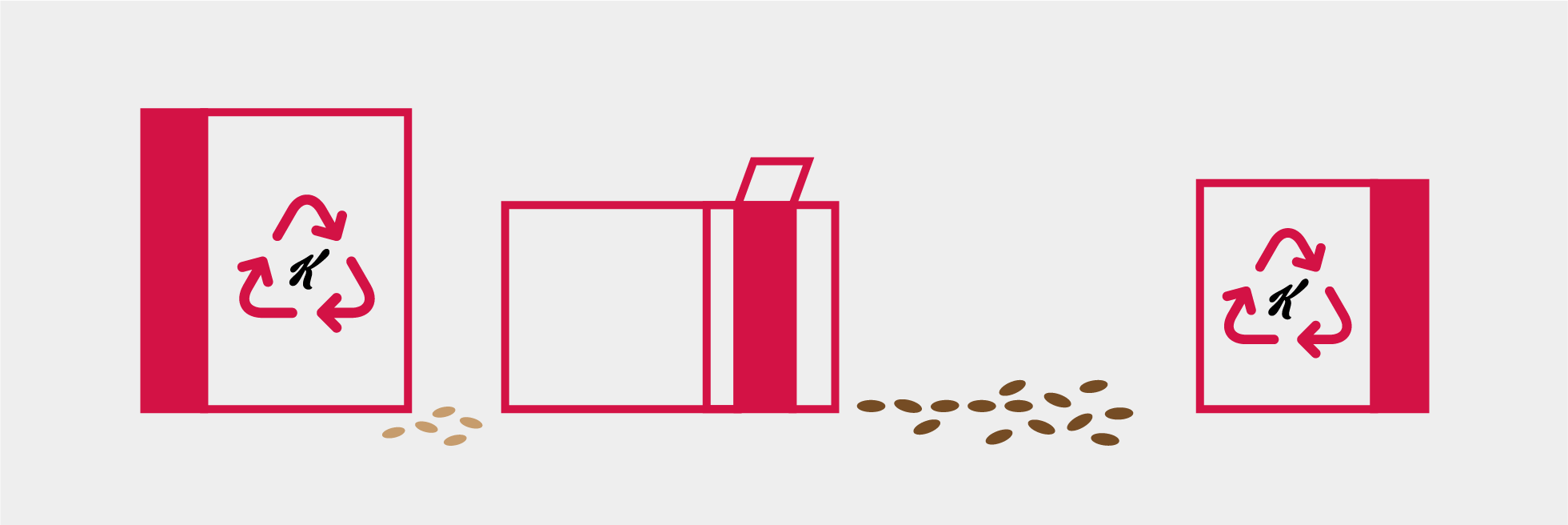Fighting Food Waste
You wouldn’t believe it, but according to the UN’s Food and Agricultural Organisation (FAO) up to 1.3 billion tonnes of food is lost or wasted each year. To break it down for you, that means for every person on earth we waste around 176 kilos of food each, every single year – which in our opinion in way too much! Not only does this cost our global economy a pretty penny (almost $940 billion) it also has a massive environmental impact.
How you ask? Around eight per cent of greenhouse gases heating the planet are caused by food waste1, FAO Food Wastage Footprint Report 2013 and that’s before we even consider the natural resources, like water, that are used in growing the ingredients companies like us use in their products
Bringing this a bit closer to home, in our great southern land, around four million tonnes of food winds up in landfill every single year2.https://www.environment.gov.au/topics/environment-protection/nwp/reporting/organic-waste
These are just a handful of reasons why it’s so important we take extra care in the way we grow, manufacture, buy and eat our food, helping reduce food waste and keeping a lid on the negative impact this can have on our economy and environment.
To help us get across the line, we closely watch our food waste, which tends to fall into two categories: food that can’t be sold or ingredients that can’t be used in production; and food that has been produced, but for a variety of reasons is unable to be sold before its best before date.
While the first of these is sent to animal feed, the second means we get the chance to make a real difference in the lives of the many unable to access sufficient food, filling the bellies of those who need it most.
Since 2013 we’ve donated over 60 million meals to those in need. We also gave food through our Breakfast for Better Days program, which is designed to ensure little ones don’t go to school on an empty stomach – brains need good food to help do good things! And finally, over the years we’ve been able to provide relief to those affected by natural disasters, of which Aussie communities have certainly had their fair share.
Managing food waste not only allows us to help people all over New Zealand, it also helps improve our production processes along the way. So, as we work hard to meet these important environmental goals, we become a little smarter, cleaner and kinder too.

